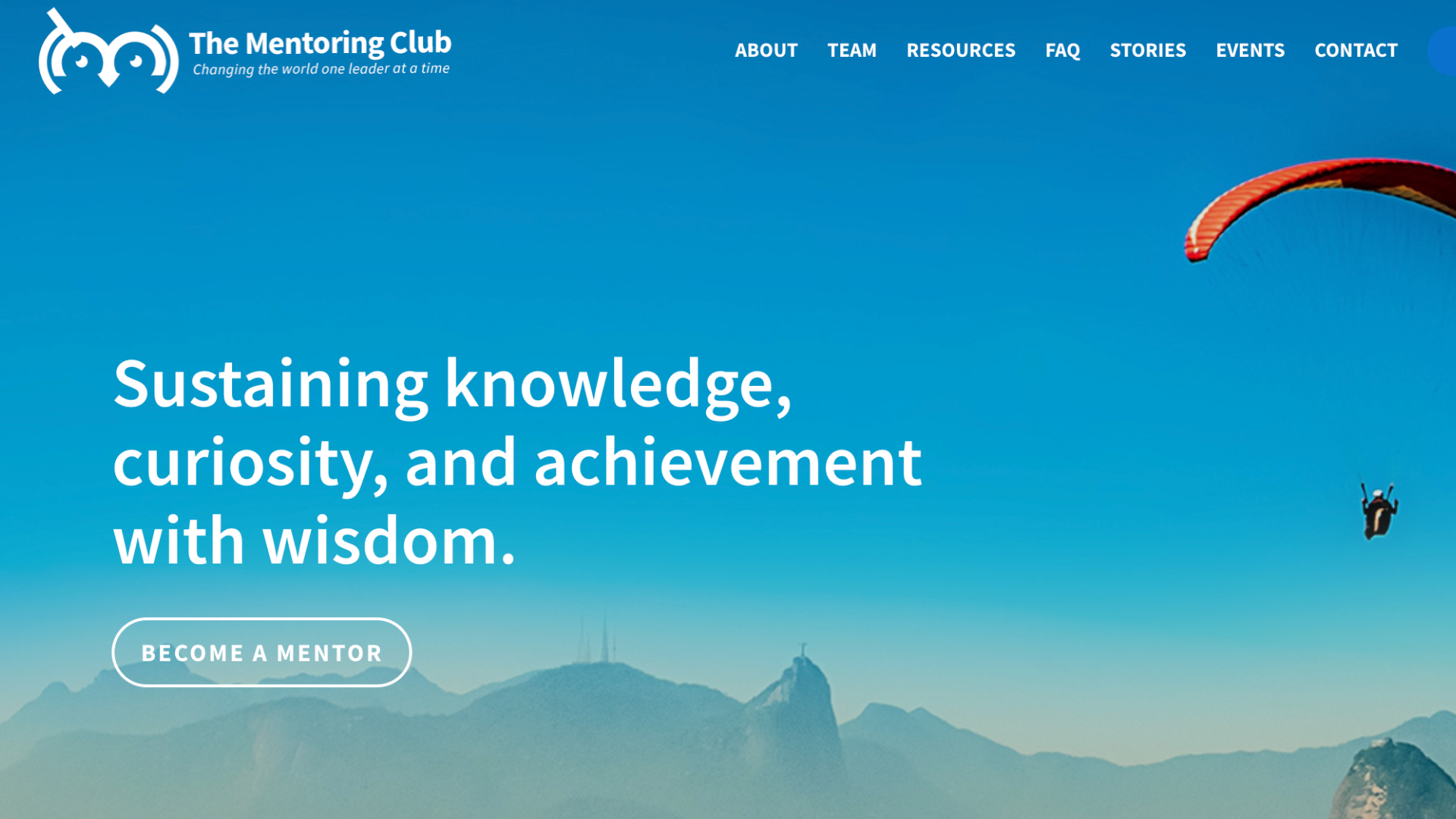The Mentoring Club

Overview
Establishing a mentoring community for Millennials and Gen Z professionals requires more than just a platform; it takes a strategic approach to foster meaningful connections that drive career growth. Young professionals today are eager to learn from those who have already navigated the complexities of building successful careers, but they need a structure that provides accessible, personalized mentorship. For a non-profit startup, creating such a community involves balancing technology with community-building initiatives that resonate with these digital-native generations.
Market
The target market consists of highly motivated young professionals—Millennials and Gen Z—who are focused on personal development and career advancement. They seek mentorship from individuals with established careers in various industries, looking for advice on navigating workplace challenges, honing leadership skills, and expanding their networks. According to Deloitte’s Global Millennial Survey, 84% of Millennials and Gen Z workers believe mentorship is critical to their career success. These professionals value authentic, personalized experiences and are drawn to organizations that provide genuine opportunities for growth.
Solution
To build an effective mentoring community, the foundation lies in developing a user-friendly and dynamic digital platform that connects mentors and mentees seamlessly. Here's a roadmap to success:
- Technology-Driven Mentorship Matching:
The core of the solution is to partner with a team experienced in developing engaging and responsive mobile websites, with a robust technological backend. This platform should support seamless matching of mentors and mentees, utilizing advanced algorithms that consider factors such as career interests, skills, and personality traits. The platform must also be scalable, allowing the community to grow as the non-profit attracts more participants.
Using a proven CRM system like Salesforce.com, the non-profit can track engagement, measure outcomes, and automate the process of mentor-mentee pairing. The integration of this platform can also enable notifications, follow-ups, and feedback loops, ensuring that both mentors and mentees remain engaged and benefit from ongoing communication. Recent studies show that automated matching systems based on shared interests improve the likelihood of successful mentoring relationships by 40%, according to a Harvard Business Review study on mentorship programs.
- Aspirational and Interactive Website Design:
The digital platform must feature a vibrant and aspirational website that speaks directly to Millennials and Gen Z. These generations value brands and organizations that reflect their ethos of purpose and social impact. A visually appealing, easy-to-navigate site, with clear calls-to-action and testimonials from both mentors and mentees, will enhance credibility and engagement. Incorporating interactive elements such as video stories, success case studies, and career resources will keep users coming back and increase the site's organic growth.
- Social Media Outreach:
Social media will be a key driver in raising awareness and attracting participants to the mentoring community. With Millennials and Gen Z spending significant time on platforms like Instagram, LinkedIn, and TikTok, the non-profit should invest in a comprehensive digital marketing strategy. This includes influencer partnerships, user-generated content, and paid social campaigns to attract both mentees and mentors. Data shows that social media has become the primary avenue for career inspiration and mentorship discovery for these generations—81% of Gen Z workers are influenced by social media when considering career choices, according to a LinkedIn Workforce Report.
- Community and Word-of-Mouth Growth:
Beyond technology and outreach, the non-profit should cultivate a strong sense of community among its members. This can be achieved by organizing regular virtual networking events, workshops, and webinars that encourage knowledge-sharing and collaboration. As members begin to see tangible benefits from the mentorship program, the word-of-mouth effect will organically spread. Creating a platform that allows mentors to share their own career journeys and mentees to showcase their growth will inspire others to join, making the community self-sustaining over time.
Result
With the combination of a seamless technology platform, engaging website, and targeted social media outreach, the non-profit can expect to see rapid growth in its mentoring community. As more professionals experience the value of one-on-one mentorship tailored to their specific career goals, the platform will foster meaningful, lasting relationships between mentors and mentees. The results include:
-
Enhanced Career Growth: Mentees will gain invaluable career guidance, networking opportunities, and leadership development, helping them navigate their professional journeys more effectively. A study by the Association for Talent Development found that employees who participate in mentoring programs are five times more likely to receive promotions.
-
Personal Fulfillment for Mentors: The mentorship experience is equally rewarding for mentors, who benefit from giving back to the next generation of professionals. Many mentors report personal and professional satisfaction from seeing their mentees succeed, which also strengthens their own leadership and coaching skills.
-
Sustainable Community Growth: With the right technology and outreach strategy, the platform will generate organic word-of-mouth referrals, bolstering its reputation and reach. As more participants join and share their success stories, the non-profit will see increased visibility and credibility in the career development space.